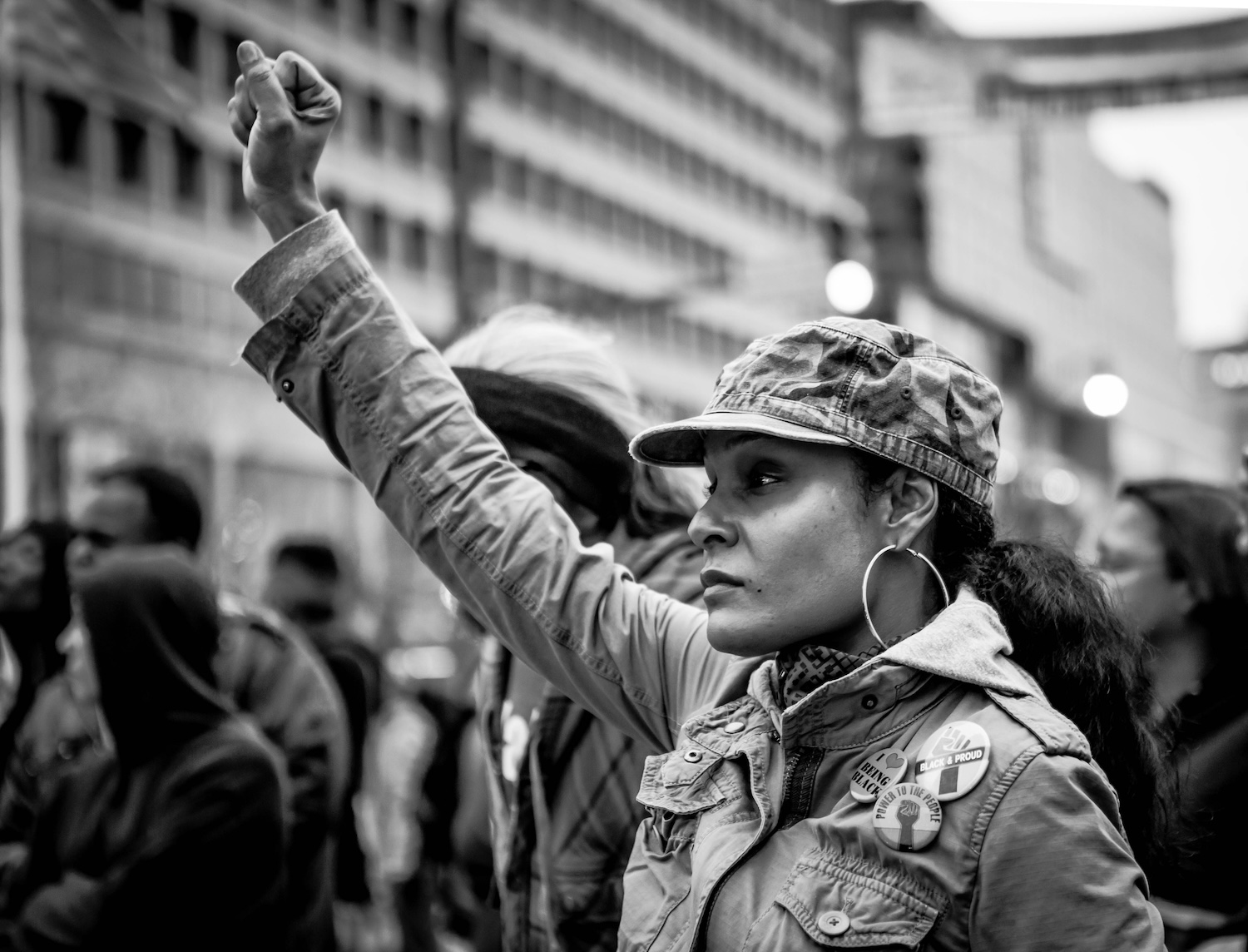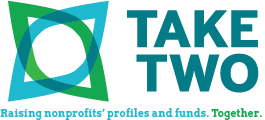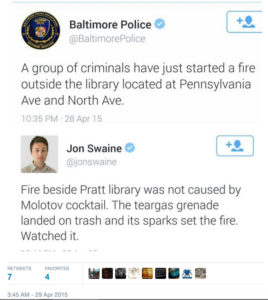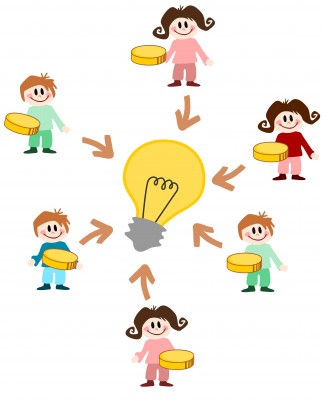
Why your nonprofit should be on Twitter
What a month. Earlier this month, when we at TakeTwo discussed what we might blog about, Indiana’s Religious Freedom Restoration Act (#RFRA) was all over the news. Now, of course, US news is dominated by #BaltimoreUprising. At the same time, the tragic #NepalEarthquake continues to be in the headlines. Of course, this is no surprise: we are now permanently in the 24/7 news-cycle.
But two remarkable things about the #Baltimore news:
- First, from whom and where the news is coming from – from local folks in Baltimore via Twitter. This isn’t terribly surprising; in the last year, we’ve seen how Twitter has become a more reliable source of “breaking news”, whether it’s about the Hudson river plane crash or Whitney Houston’s death. I even watched the Melissa Harris Perry show refreshing its Twitter feed repeatedly, on live TV, awaiting Hillary Clinton’s tweet announcing her run for president.
- But second, and equally remarkable, is that a big part of the news is about the mainstream media’s lack of or inaccurate coverage. Apart from being the primary source for the incredibly important, on the ground, and up-to-the-minute news from Baltimore, the Twitterverse has now also become a credible critic of mainstream media.
In the last few days, I’ve seen people urge others to turn off CNN and instead look at their Twitter feed. I’ve also seen a number of examples on Twitter where news and the sources of news were challenged, including news put out by mainstream media. This isn’t new, of course. We’ve always had rebuttals and corrections being made. But the fact that it’s happening a) in real-time; b) with multiple sources of news; c) from ordinary people, not only newsmakers and journalists; and most important of all, d) in a country with some of the biggest and richest media houses and that prides itself on democracy and freedom of speech, makes this a game-changer. To me, all this is the sign that Twitter has come of age, that how we see and understand mainstream/traditional news media has forever changed.
Why?
In 2011, there was much talk about how Twitter and YouTube played a defining role in the Arab Spring, but an implicit reason for the success of social media then was that it was the only recourse for citizens’ because repressive regimes controlled traditional media. But now, in the US, where freedom of speech is a constitutional right, where mainstream media has long been considered independent from the government (if not from corporations) the turn to Twitter for news (not just social interaction) is significant. Especially because the US has the highest number of Twitter users in the world (50%).
The fact that the mainstream media in the US is being actively critiqued and confronted by its own citizens in a medium they use more than any other country’s citizens, means that neither mainstream media – worldwide – nor a (former) disbeliever like myself can ignore the power of social media.
It also means that if your nonprofit isn’t on Twitter yet, it should be.
True, not everyone in the US is on Twitter, but Twitter is already shaping what gets covered on television and in newspapers. With #BaltimoreUprising, I see change taking place in who tells, controls, and critiques the story. I hope that it also brings long-term social change and justice.






